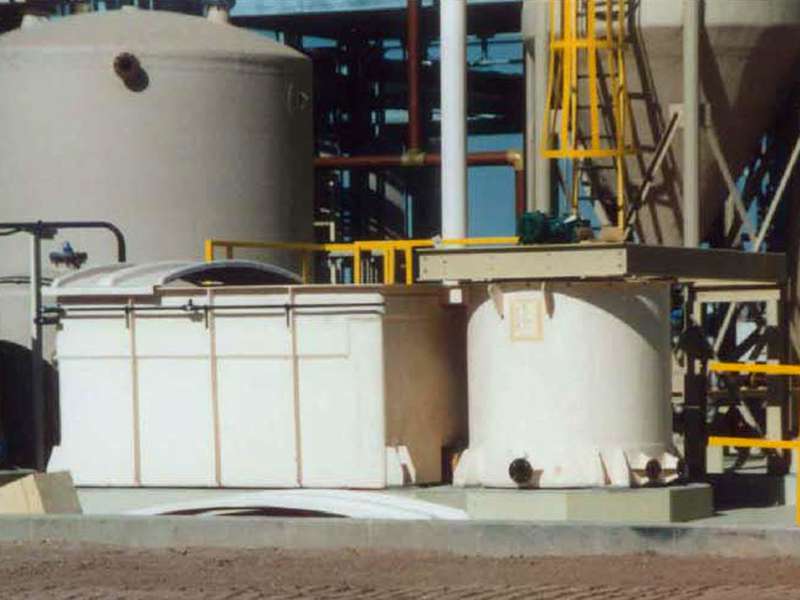
-
 Afrikaans
Afrikaans -
 Albanian
Albanian -
 Amharic
Amharic -
 Arabic
Arabic -
 Armenian
Armenian -
 Azerbaijani
Azerbaijani -
 Basque
Basque -
 Belarusian
Belarusian -
 Bengali
Bengali -
 Bosnian
Bosnian -
 Bulgarian
Bulgarian -
 Catalan
Catalan -
 Cebuano
Cebuano -
 China
China -
 China (Taiwan)
China (Taiwan) -
 Corsican
Corsican -
 Croatian
Croatian -
 Czech
Czech -
 Danish
Danish -
 Dutch
Dutch -
 English
English -
 Esperanto
Esperanto -
 Estonian
Estonian -
 Finnish
Finnish -
 French
French -
 Frisian
Frisian -
 Galician
Galician -
 Georgian
Georgian -
 German
German -
 Greek
Greek -
 Gujarati
Gujarati -
 Haitian Creole
Haitian Creole -
 hausa
hausa -
 hawaiian
hawaiian -
 Hebrew
Hebrew -
 Hindi
Hindi -
 Miao
Miao -
 Hungarian
Hungarian -
 Icelandic
Icelandic -
 igbo
igbo -
 Indonesian
Indonesian -
 irish
irish -
 Italian
Italian -
 Japanese
Japanese -
 Javanese
Javanese -
 Kannada
Kannada -
 kazakh
kazakh -
 Khmer
Khmer -
 Rwandese
Rwandese -
 Korean
Korean -
 Kurdish
Kurdish -
 Kyrgyz
Kyrgyz -
 Lao
Lao -
 Latin
Latin -
 Latvian
Latvian -
 Lithuanian
Lithuanian -
 Luxembourgish
Luxembourgish -
 Macedonian
Macedonian -
 Malgashi
Malgashi -
 Malay
Malay -
 Malayalam
Malayalam -
 Maltese
Maltese -
 Maori
Maori -
 Marathi
Marathi -
 Mongolian
Mongolian -
 Myanmar
Myanmar -
 Nepali
Nepali -
 Norwegian
Norwegian -
 Norwegian
Norwegian -
 Occitan
Occitan -
 Pashto
Pashto -
 Persian
Persian -
 Polish
Polish -
 Portuguese
Portuguese -
 Punjabi
Punjabi -
 Romanian
Romanian -
 Russian
Russian -
 Samoan
Samoan -
 Scottish Gaelic
Scottish Gaelic -
 Serbian
Serbian -
 Sesotho
Sesotho -
 Shona
Shona -
 Sindhi
Sindhi -
 Sinhala
Sinhala -
 Slovak
Slovak -
 Slovenian
Slovenian -
 Somali
Somali -
 Spanish
Spanish -
 Sundanese
Sundanese -
 Swahili
Swahili -
 Swedish
Swedish -
 Tagalog
Tagalog -
 Tajik
Tajik -
 Tamil
Tamil -
 Tatar
Tatar -
 Telugu
Telugu -
 Thai
Thai -
 Turkish
Turkish -
 Turkmen
Turkmen -
 Ukrainian
Ukrainian -
 Urdu
Urdu -
 Uighur
Uighur -
 Uzbek
Uzbek -
 Vietnamese
Vietnamese -
 Welsh
Welsh -
 Bantu
Bantu -
 Yiddish
Yiddish -
 Yoruba
Yoruba -
 Zulu
Zulu
frp pipe
Understanding FRP Pipes Properties, Applications, and Benefits
Fiber Reinforced Polymer (FRP) pipes have gained significant recognition in various industries due to their superior properties and performance benefits compared to traditional materials. These pipes are composed of a polymer matrix reinforced with fibers, creating a lightweight, corrosion-resistant, and durable alternative for numerous applications. This article delves into the properties, applications, and advantages of FRP pipes in modern engineering and construction projects.
Properties of FRP Pipes
One of the most notable properties of FRP pipes is their exceptional resistance to corrosion. Traditional metal pipes often suffer from rust and degradation when exposed to various substances, including water, chemicals, and environmental factors. In contrast, FRP pipes can withstand harsh environments, making them ideal for use in chemical processing, wastewater management, and marine applications.
Another important characteristic of FRP pipes is their lightweight nature. This feature simplifies transportation and installation, reducing labor costs and time on-site. Unlike heavier materials like steel and concrete, FRP pipes can be easily handled, which is a crucial advantage in projects with limited access or challenging terrains.
The mechanical strength of FRP pipes is another significant advantage. They possess high tensile strength, allowing them to withstand substantial internal pressure without failing. Additionally, FRP materials can be engineered to meet specific load requirements, making them suitable for applications in various industries, from oil and gas to civil engineering.
Applications of FRP Pipes
FRP pipes have a wide range of applications across different sectors. In the oil and gas industry, they are often used for transporting corrosive fluids and gases. Their resistance to chemical reactions ensures a longer service life and minimizes maintenance costs. Moreover, FRP pipes are ideal for offshore applications due to their lightweight and corrosion-resistant properties.
frp pipe

In the water and wastewater treatment sector, FRP pipes are increasingly being used for their durability and non-reactive nature. These pipes can effectively handle a variety of chemicals and provide a long-lasting solution to transport treated and untreated water without contaminating it. Their ability to resist clogging and scaling further enhances their performance in these applications.
Additionally, FRP pipes are utilized in various industrial processes, such as cooling systems, chemical processing, and pulp and paper production. Their versatility makes them a preferred choice in industries where processing fluids can be aggressive or where hygiene is paramount.
Benefits of Using FRP Pipes
The benefits of using FRP pipes extend beyond their physical properties. One significant advantage is their lower lifecycle cost. Although the initial investment may be higher than that of traditional pipes, the long-term savings due to reduced maintenance, repair needs, and downtime can be substantial. This makes FRP pipes an economically viable option for many projects.
Another benefit is their adaptability in design. FRP pipes can be manufactured in various shapes and sizes, allowing engineers to tailor solutions to meet specific project requirements. This flexibility is particularly beneficial in applications where space constraints or unusual configurations are a concern.
Finally, environmental considerations play an important role in the growing popularity of FRP pipes. Their manufacturing process typically involves fewer harmful substances than that of conventional pipe materials. Furthermore, their longevity reduces the frequency of replacements, leading to less waste and a smaller environmental footprint.
Conclusion
In conclusion, FRP pipes represent a compelling alternative to traditional piping solutions. With their remarkable resistance to corrosion, lightweight nature, and adaptability, they are finding increasing use in a range of industries. The overall lifecycle cost benefits, combined with environmental advantages, make FRP pipes a smart choice for modern infrastructure projects. As industries continue to evolve, the adoption of innovative materials like FRP will undoubtedly play a significant role in shaping a sustainable and efficient future.









